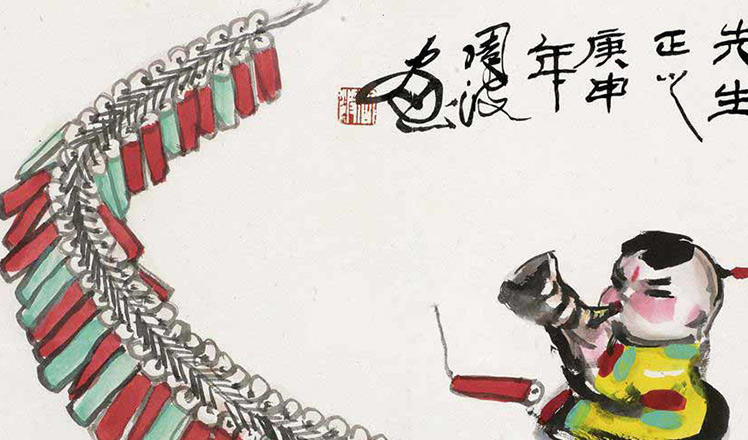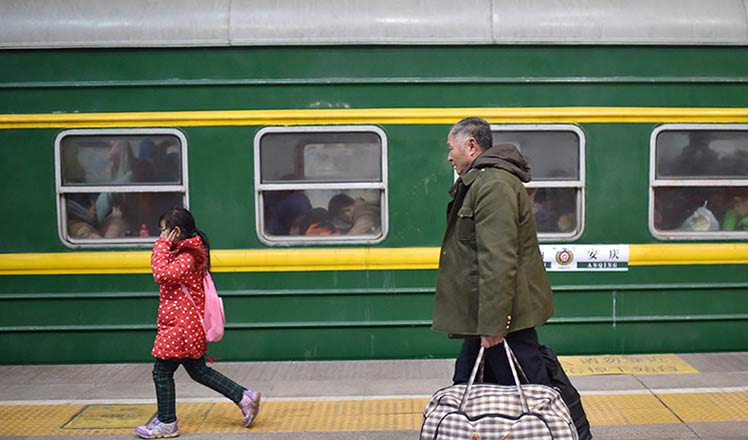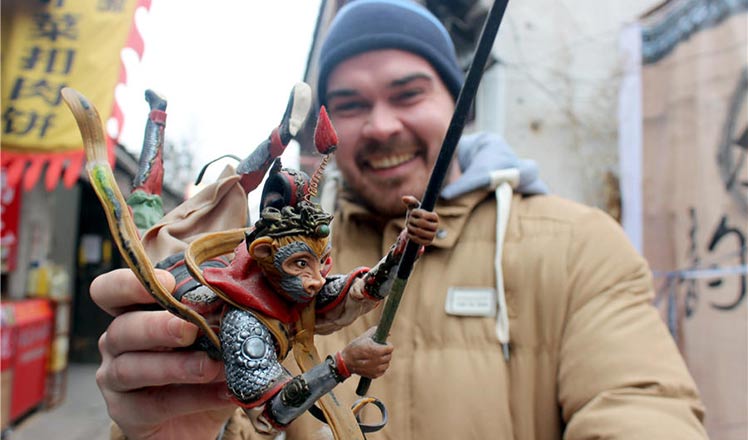Try, try and try again
Updated: 2016-01-22 08:12
By Sun Xiaochen(China Daily)
|
|||||||||
To attract a growing number of student players, more than 10 universities in China, including CAU, Beijing Normal University and South China Agriculture University, have introduced majors in athletic training with rugby as a specialty.
Since 2013, the National University Rugby Sevens Championship has been organized annually, with last year's event attracting 12 male and eight female college teams from across the country.
"There's still a long way to go until the game is accepted as a great educational tool in China, but we won't give up pushing," Zhang said.
The CRFA's Cui Weihong said one of the priorities on the association's agenda this year is to organize regular training sessions for coaches and referees, with funding and technical support from the International Rugby Board.
Funded by the China Scholarship Council, 18 Chinese rugby coaches from across the country will fly to England, the birthplace of the game, in June for a three-month training program.
Professional dreams
Despite the game's improving profile in China, playing rugby as a semi-professional in the national system remains a labor of love, given that players earn much less than their millionaire counterparts in the country's top professional soccer and basketball leagues.
Players on provincial teams competing at the National Games earn an average 5,000 yuan ($760) a month, supplemented by a share of prize money - ranging from thousands to tens of thousands of yuan - if they win the title.
Even if they are recruited by the national team, players only receive a monthly training allowance of 600 yuan.
To put it into perspective, the sum pales into insignificance when compared with the salary of Jonny Wilkinson, a retired English rugby star and World Cup winner, who was paid $61,000 a month when he played for Toulon, the French Top 14 club, in the 2013-14 season.
Without a national league, the lack of consistent exposure in the years between the National Games has hampered the sport's appeal to sponsors and investors in China.
"The biggest problem is that we don't have enough games to play. If people can't see us play on a regular basis throughout the year, how can we promote the sport?" Xu Fangjie, coach of the Liaoning provincial men's team, asked.
Last year, to help the game gain consistent exposure, the CRFA divided the annual Sevens National Championships into four legs held in different cities, and will also host the Asian Sevens Series in October.
"The sevens' action will keep going from April to November with a series of scheduled events. We hope this intensive exposure will attract interest from sponsors and sports marketing agencies to help establish a professional league in the near future," Cui said.
Contact the writer at sunxiaochen@chinadaily.com.cn
- A glimpse of Spring Rush: little migrant birds on the way home
- Policy puts focus on genuine artistic students
- Police unravel market where babies are bought, sold as commodities
- More older pregnant women expected
- Netizen backlash 'ugly' Spring Festival Gala mascot
- China builds Mongolian language corpus
- 2 Chinese nationals killed, 1 injured in suspected bomb attack in Laos
- New York, Washington clean up after fatal blizzard
- 'Plane wreckage' found in Thailand fuels talk of missing Malaysian jet
- Washington shuts down govt, NY rebounds after blizzard
- 7 policemen, 3 civilians killed in Egypt's Giza blast
- Former US Marine held in Iran arrives home after swap

 Drone makers see soaring growth but dark clouds circle industry
Drone makers see soaring growth but dark clouds circle industry China's Zhang reaches Australian Open quarterfinals
China's Zhang reaches Australian Open quarterfinals
 Spring Festival in the eyes of Chinese painters
Spring Festival in the eyes of Chinese painters
 Cold snap brings joy and beauty to south China
Cold snap brings joy and beauty to south China
 The making of China Daily's Tibetan-style English font
The making of China Daily's Tibetan-style English font
 First trains of Spring Festival travel depart around China
First trains of Spring Festival travel depart around China
 Dough figurines of Monkey King welcome the New Year
Dough figurines of Monkey King welcome the New Year
 Ning Zetao, Liu Hong named China's athletes of the year
Ning Zetao, Liu Hong named China's athletes of the year
Most Viewed
Editor's Picks

|

|

|

|

|

|
Today's Top News
National Art Museum showing 400 puppets in new exhibition
Finest Chinese porcelains expected to fetch over $28 million
Monkey portraits by Chinese ink painting masters
Beijing's movie fans in for new experience
Obama to deliver final State of the Union speech
Shooting rampage at US social services agency leaves 14 dead
Chinese bargain hunters are changing the retail game
Chinese president arrives in Turkey for G20 summit
US Weekly

|

|








